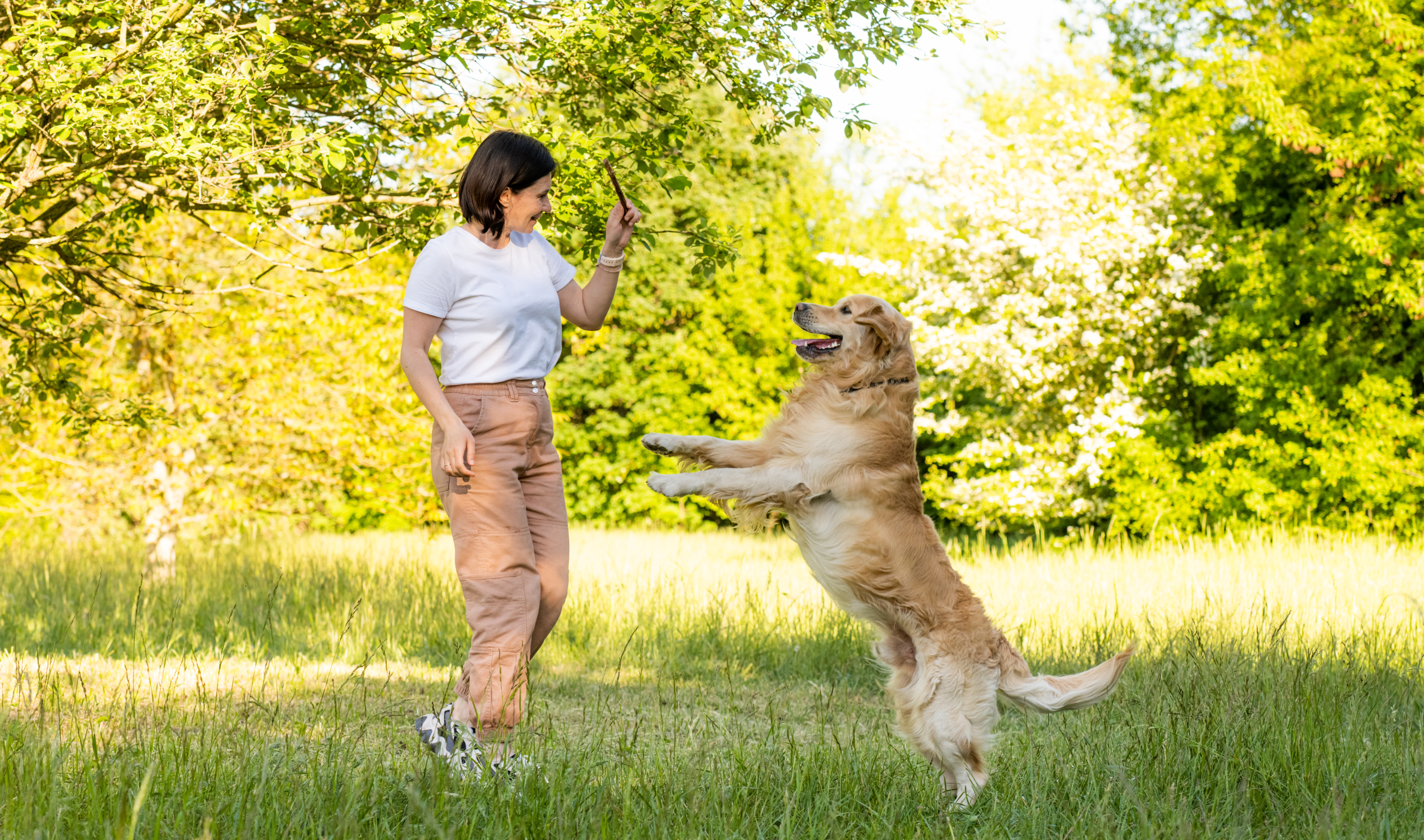Experts say that living with dogs promotes children's emotional well-being and physical health.

Living with dogs benefits people's lives, especially for the emotional and physical well-being of children, according to a systematic review conducted by the Affinity Foundation Chair for Animals and Health at the Autonomous University of Barcelona , which was recently presented at the 'Canine Science Forum 2025', held in Hamburg.

For children, it's key because it encourages outdoor physical activity and play. Photo: iStock
This analysis of more than 52 international scientific studies conducted over the past five years confirms that living with a dog has a real positive impact on health. For children, this impact translates into higher-quality physical activity, thanks to play and walks, more contact with the natural environment, and more opportunities to feel accompanied and emotionally secure.
Among the most notable findings of the systematic review are those derived from a study conducted in Australia during the pandemic, which found that dog walking helped many families with children get out of the house, move more, and enjoy the outdoors. Furthermore, owning a dog offered companionship, joy, and emotional support to children, helping them feel less lonely and better cope with times of uncertainty and isolation.
"We already knew that dogs provide emotional benefits, but what this systematic review has confirmed is that, regardless of the social context—that is, difficult times like a pandemic or the current situation—living with a dog provides significant emotional and physical benefits. And this, in the case of children, is especially important because it encourages outdoor physical activity and play ," explains the director of the Chair, Jaume Fatjó.

Having a dog in the home can be a catalyst for breaking isolation. Photo: iStock
For her part, Elena García, co-author of the systematic review, adds that "the presence of a dog in the home can be a powerful catalyst for breaking the isolation that increasingly affects young people. At a time when we see how screen time has increased significantly and opportunities for social play have decreased, dogs represent a natural complement that promotes precisely what children need most: physical activity, social interaction, and emotional connection."
However, according to UNICEF data, in Spain, more than 80 percent of children play outdoors "less than recommended," and, compared to their parents, the amount of time children spend playing today has been cut in half.
Benefits for adults According to this systematic review, another study conducted in Brazil and published in 2020 found that those who walk their dog walk for pleasure significantly more than those who don't: 28 percent versus 18 percent. They also do more intense or moderate exercise in their free time: 38 percent versus 22 percent. And for older adults, walking their dog more than triples their likelihood of staying physically active.

Dog walkers walk for pleasure much more than those who don't. Photo: iStock
In another study, conducted in the United States and published in 2021, many people reported that owning a dog was an incentive to move around, enjoy the outdoors , and maintain a regular commitment to physical activity.
According to various studies reviewed, bonding with animals can also have direct effects on regulating blood pressure and promoting a more stable heart rate.
eltiempo

%3Aformat(jpg)%3Aquality(99)%3Awatermark(f.elconfidencial.com%2Ffile%2Fa73%2Ff85%2Fd17%2Fa73f85d17f0b2300eddff0d114d4ab10.png%2C0%2C275%2C1)%2Ff.elconfidencial.com%2Foriginal%2F750%2F178%2F2dd%2F7501782dd8412970f95d6935e9b77cd0.jpg&w=1280&q=100)



%3Aformat(jpg)%3Aquality(99)%3Awatermark(f.elconfidencial.com%2Ffile%2Fa73%2Ff85%2Fd17%2Fa73f85d17f0b2300eddff0d114d4ab10.png%2C0%2C275%2C1)%2Ff.elconfidencial.com%2Foriginal%2F707%2Ff6c%2Ff84%2F707f6cf84fde2c2133ddc4dabd24857f.jpg&w=1280&q=100)